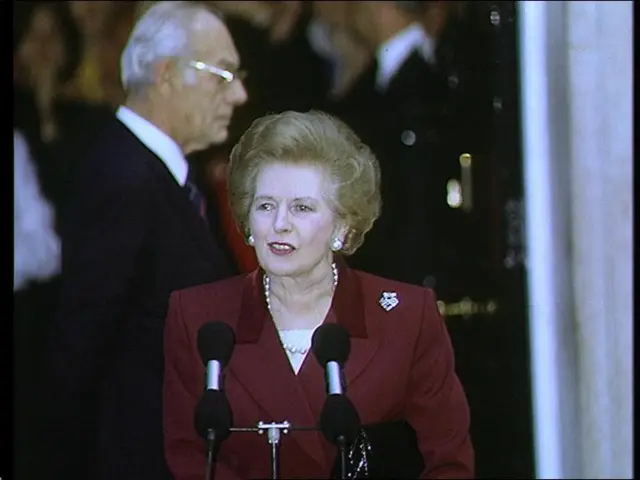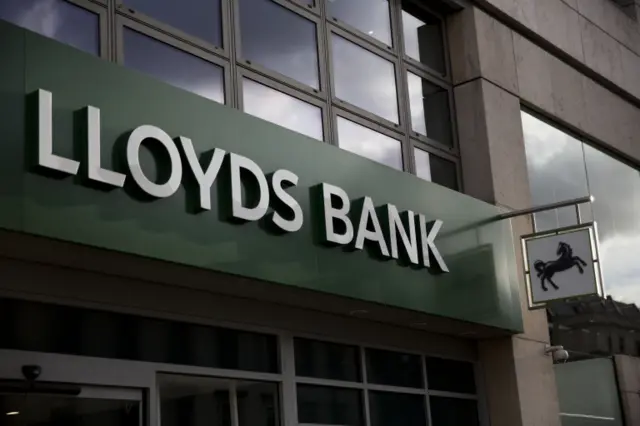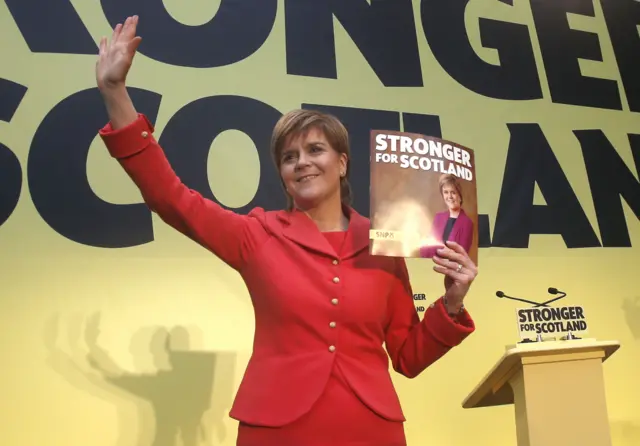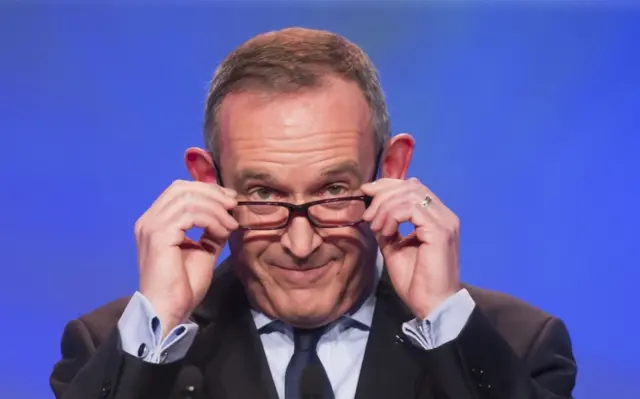1980s redux? Right to Buy & the Lloyds salepublished at 13:23
The UK is already a property owning democracy
 Duncan Weldon
Duncan Weldon
Economics correspondent

In the past week the Conservatives have dusted off two policies closely associated with the 1980s - Right to Buy and privatisation. Given that the Conservatives dominated 1980s politics, it isn't hard to see why they might be tempted to revive some of the Thatcher era's blockbusters.
And yet - so far at least - these two policies (extending the right to buy your home at a discount to housing association tenants and offering the public a discount in shares of Lloyds bank) have failed to provide much of a boost at the polls. Whilst it is too early for much polling on the Lloyds sale, a YouGov poll this week found the public to be against extending Right to Buy, external.
So, why are policies that proved popular in the 1980s not having the same impact today?
It may partially just be a question of scale.
In 1980, when the original Right to Buy was enacted, around one third of all households lived in a council house. This was a policy that directly impacted a substantial share of voters. By contrast the extension of the scheme to housing associations is far more limited.
Similarly, the sale of Lloyds is comparatively small beer when set against to the sales of British Gas, British Telecom, British Airways and the other big moves of the 1980s. The percentage of UK households holding shares rose from 8% in 1980 to 23% in 1990. Selling Lloyds will have nowhere near as much impact.
Taken together the original Right to Buy and the 1980s privatisations represented a transformation of the UK's political economy. Margaret Thatcher set out to build a "property owning democracy" and she broadly succeeded. Right to Buy 2 and the Lloyds sale will tweak the UK's exiting model rather than transform it.




